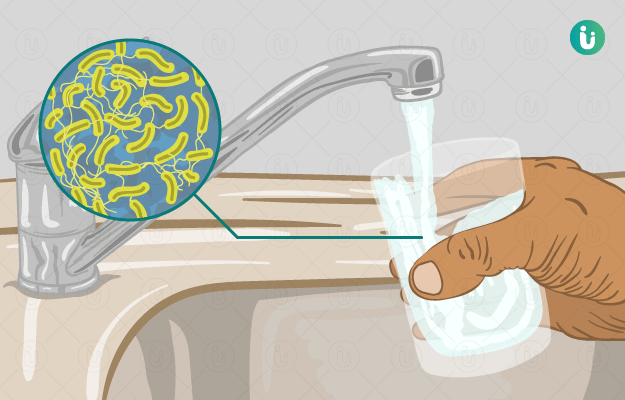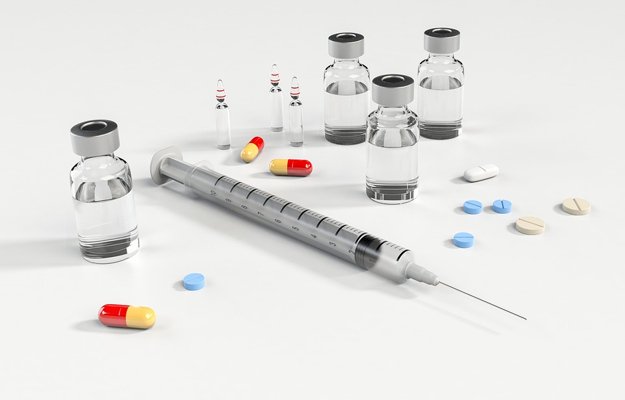What is cholera?
Cholera is a bacterial infection which mainly occurs by ingestion of contaminated food or water. It is a major health concern and indicates a lack of social development. Cholera outbreaks are linked to areas that have poor access to clean water and sanitation facilities.It can affect people of all age groups. Studies show that 1.3 million to 4.0 million cases of cholera occur every year.
What are its main signs and symptoms?
Cholerasymptoms manifest about 12 hours to 15 days after ingestion of the contaminated food or drink. The infected person can shed the bacteria in the stools for 1-10 days, potentially infecting other people. Major symptoms include:
- Watery diarrhoea
- Nausea and vomiting
- Dehydration
- Electrolyte imbalance
- Muscle pain
- Shock
If untreated, it can cause severe dehydration and prove fatal.
In children, the following symptoms may be seen:
- Altered consciousness
- Epileptic fits
- Coma
What are its main causes?
Cholerais an infection of the digestive tract caused by the bacteria Vibrio cholerae. It results in severe bouts of loose stools and dehydration. The harmful effect is due to the toxins produced by the bacterium in the small intestine. This toxin causes impairment of the normal sodium and chloride flow, leading to heavy secretion of water and rapid loss of essential salts and fluid.
Risk factors include:
- Poor sanitary conditions
- Decreased or complete loss of stomach acid
- Living with infected individuals
- Blood type O
- Raw or uncooked foods
How is it diagnosed and treated?
Your physician may advise you to undergo the following tests depending on the severity of symptoms:
- Blood tests: To check for elevated white blood cells, and electrolyte levels.
- Blood glucose: Glucose levels may drastically reduce, thus prolonging illness.
- Stool specimen: To isolate and identify Vibrio cholerae in the stool specimen.
- Kidney function tests: To check for any problems with kidney function.
Treatment includes:
- Oral rehydration solution: Replenishes lost nutrients and water and restores the fluid-electrolyte balance in the body.
- Intravenous fluids: For correction of fluid and electrolyte loss.
- Antibiotics: For severe cases, to shorten the duration of illness and reduce stool volume.
- Zinc supplements: Shown to improve symptoms.
- Vaccination: Mostly given to travellers, healthcare and humanitarian workers, immunocompromised individuals and persons who have low stomach acid secretion.
Self-care tips include:
- Wash your hands before eating.
- Whenever you are out, use a sanitiser to keep your hands clean.
- It is advised to drink only boiled water and eat hot, well-cooked foods.
- Avoid raw foods, especially uncooked meat or fish.
- Keep a check on dairy products, which may be contaminated.
With prompt and proper management, the mortality is markedly reduced.

 Doctors for Cholera
Doctors for Cholera  OTC Medicines for Cholera
OTC Medicines for Cholera
 Cholera articles
Cholera articles

 Home Remedies for Cholera
Home Remedies for Cholera






 Editorial Team
Editorial Team












